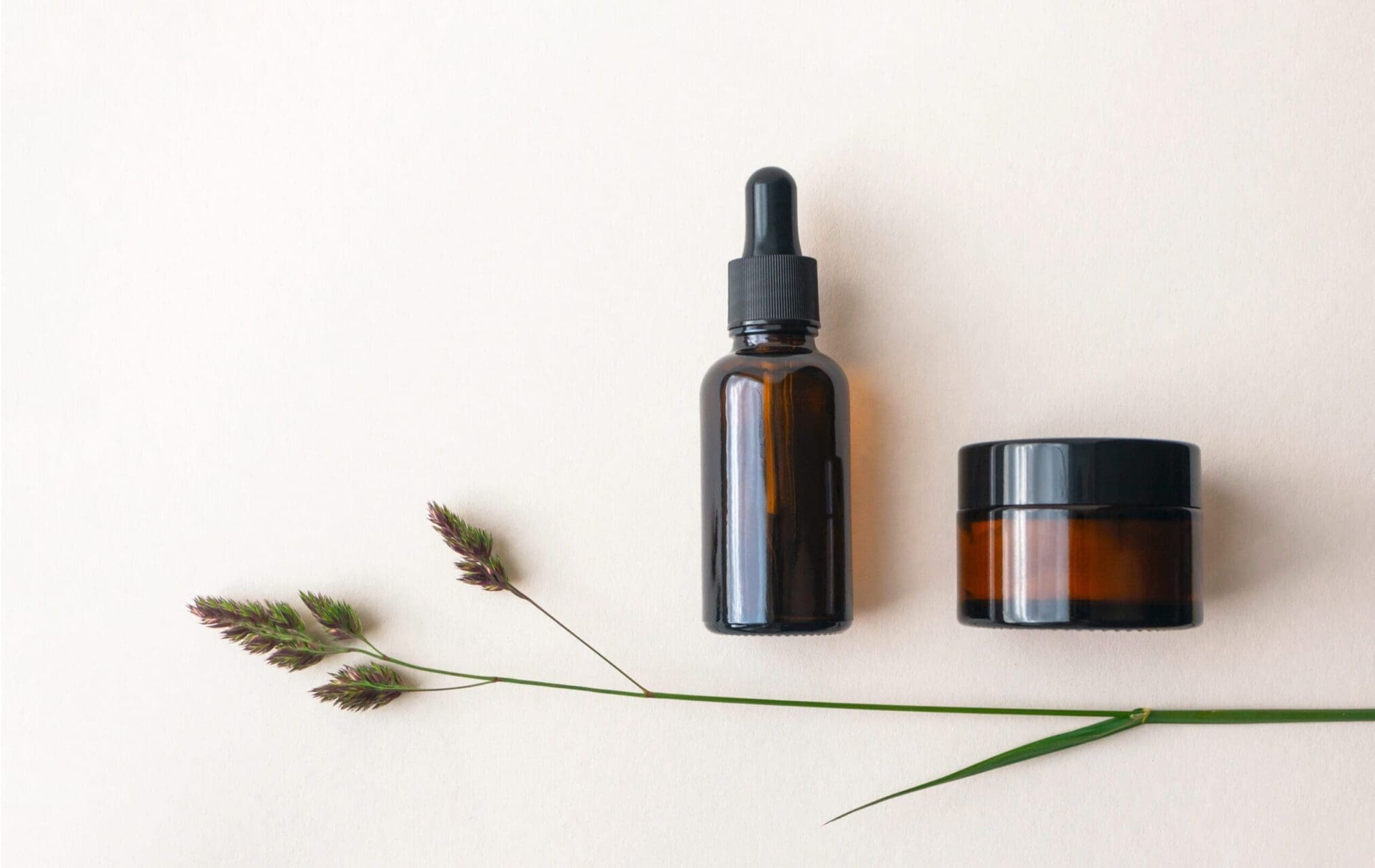Every year, the EPAA publishes a report about what has been done in the field of the 3Rs: Replacement, Reduction and Refinement of animal testing. Despite the odds, 2020 was no exception and the new report presents especially important news as the EPAA prepared the new Action Programme for the years to come and outlined the results of its projects and workshops.
The EPPA’s projects aim to ease the dissemination of the information and scientific evidence about the alternatives to animal testing, and to enhance cooperation among the experts, decision-makers and business owners. The objectives of the ongoing projects supported by the EPAA range from waiving the acute toxicity animal testing to harmonizing the requirements for biological products, while acknowledging the 3R principles, and trainings on strategies to assess the skin sensation without the use of animals.
Specifically, regarding the cosmetic industry, animal testing is banned in the EU by the Cosmetic Regulation 1223/20091. However, the assessment of the skin sensitisation potential remains among the requirements for placing cosmetics on the EU market and the producers now need to search for alternative testing methods to demonstrate that their products are safe.
Aware of the need to spread the knowledge about new scientific approaches, the EPAA organizes trainings about the alternatives to the in-vivo testing under its project Applying Non-Animal Strategies for Assessing Skin Sensitisation. It focuses on organizing workshops with discussions and recommendations summarized in peer-reviewed articles made publicly available. The recent key activities were the Europe Workshop jointly organized by the EPAA, Cefic-LRI and IFRA in Helsinki, February 2019, and the EPAA Partners Forum regarding the new approach methodologies (NAMs) to Skin Sensitisation in Brussels, October 2019.
Another project encompassing cosmetic products is the Physiologically Based Kinetic (PBK) Modelling in Safety assessments. The models can be used to predict the concentration curves for chemicals in organs or blood, and they are able to assess the chemical’s undesirable when combined with toxicological or pharmacological information. The project aims to support the application of PBK modelling in safety assessments of cosmetic products, food additives and other products containing chemical substances, by first first conducting a complete systematic review of existing PBK models, assessing the coverage of PBK models in cosmetics, food additives, etc. and, second, by determining the best method or combination of methods to predict the chemicals’ behavior. Ultimately, comes the developing of a freely available software tool to identify the appropriate chemicals to be used in a product.
To ensure a coherency in its actions and projects, the EPAA operates under multiannual plans called “Action Programmes” that present the main objectives for the years to come. 2020 was a year of preparation for the new Action Programme 2021-2025, which builds on the previous projects and successes and focuses mainly on the following ideas:
1. Addressing science and technology gaps;
2. Improving Intra and Inter sectoral collaboration and coordination;
3. Optimizing translation from research to regulatory practice;
4. Facilitating the acceptance of additional sources of evidence in the current regulatory framework
5. Communicating scientific opportunities and challenges;
6. Promoting education and knowledge-sharing.
As always, the EPAA strives to enhance cooperation across sectors and countries and helps disseminate scientific information and education regarding the alternatives to animal testing. While the Action Programme might be new, the purpose of its actions remains the same as in previous years: the protection of animals used for scientific purposes.
EPAA
· European Partnership for Alternative Approaches to Animal testing (EPAA)
· Cooperation platform striving for replacing animals in the regulatory testing.
· Facilitating collaboration among experts, industry and regulators
Katerina Svambergova
Regulatory Affairs Department
04/01/2021
Do you wish to place your cosmetic products on the EU market by respecting all the EU legal requirements, including the ban on animal testing? Contact us today to learn about the compliance process for your cosmetic products.
References:
1. Obelis Group (2019). Current alternatives to animal testing in Europe: SCCS publishes the last updates. Retrieved on 04/01/2020 from: https://www.obelis.net/news/current-alternatives-to-animal-testing-in-europe-sccs-publishes-the-last-updates/
2. EPAA. (2020). Action Programme 2021-2025. Retrieved on 04/01/2020 from: https://ec.europa.eu/growth/sectors/chemicals/epaa_en


